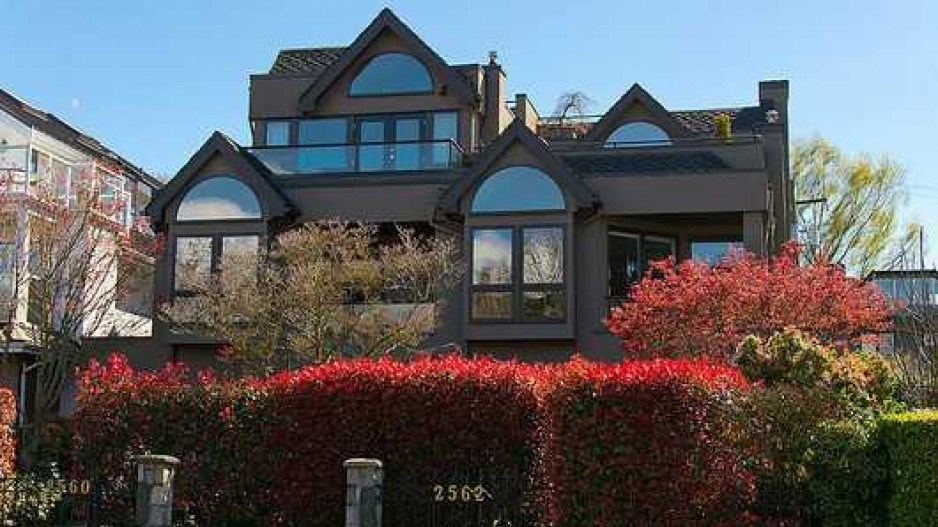Real estate professionals are decrying the unfairness of the B.C. government springing a 15% tax on foreign buyers of Metro Vancouver homes with no notice.
Finance Minister Mike de Jong, however, seems to be treating the feedback with a shrug, as he reiterated on July 26 that he would provide no special consideration for deals that were signed before August 2 and that all residential property transfers that involve foreign buyers, starting August 2, will be subject to the tax.
Industry first voiced concerns yesterday and that continued today.
“It’s unfair to the buyers and it’s also unfair to the sellers,” said Urban Development Institute CEO Anne McMullin.
“People sold and bought in good faith, knowing what the rules were. Now the government is coming in and completely changing the rules.”
She said that the move raises questions about the reliability of government policy for all investors, regardless of the asset.
“You could buy something and then, two years later, they’re going to completely change the rules with no warning, consultation or grandfathering. There could be economic fallout.”
Lawyers, meanwhile, are scrambling to get deals done by July 29 so the contracts can be complete before the tax kicks in on the first business day after the long weekend.
Boughton Law Corp. lawyer Peter Anderson told Business in Vancouver that an offshore client yesterday issued a request to try to get a property sale speeded up so that it closes by Friday.
Anderson is confident that the deal will close because the buyer is paying cash. Had the buyer needed extra bank financing to close the transaction by Friday, it would be unlikely that the bankers would be able to get the deal done so fast.
“The purchaser, who is offshore, has put down a 5% down payment to hold the deal, but this is a 15% tax,” Anderson said.
“I would walk away from my 5% deposit if the property value hasn’t gone up more than 15%. I’d be saving 10% on that deal. In real dollars, the purchaser would be walking away from a $200,000 deposit but saving $400,000 in tax. He would still be better off.”
Anderson’s concern is that offshore investors who do pull away from deals will leave the vendors, who are locals, stranded.
Vendors are often counting on the deal to close in order to get financing so they can complete other deals.
“Definitely, anytime somebody backs out of a deal, you can take their deposit and sue them for excess damages if that is more than the deposit,” Anderson said.
“That becomes a hollow right if they are sitting in mainland China. You have to go there to sue them and you may not get the judgement you want.”
The last time the B.C. government made a significant hike in the property transfer tax, it did grandfather buyers who had agreed to buy homes before the tax had been announced.
“The act that we have now - the Property Transfer Tax Act - came out in 1987 and I started practicing law in 1985, so I remember it well,” said Anderson.
“People were grandfathered if they had signed contracts.”
He explained that, in 1987, the new act brought in an increase in taxation of at least 1,000%. Buyers of B.C. homes before the act was introduced paid $1 for each $1,000 in the home’s value. After the act, the tax rate was 1% on the first $200,000 in value and 2% on any amount above that.
Since then, a new rate of 3% was added for homes valued at more than $2 million, and exemptions have been brought in for some first-time home buyers.




